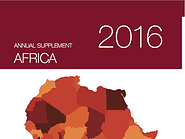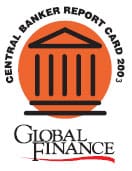
ITS BEEN A TUMULTUOUS YEAR
for the worlds central bankers. There have been resignations, falls from grace, surprise appointmentsand, of course, the usual economic crises to tackle. Given the circumstances, it may come as a surprise that the number of central bankers achieving an A grade this year has more than doubled to nine from last years four. The reason is simple: By and large, the worlds central bankers are doing a better job.
Some stand out for success, such as Australias Ian Macfarlane, who cant seem to put a foot wrong, and Polands Leszek Balcerowicz, who seems to be perpetuallyand successfully fighting a tide of government interference. A veteran A-grader, the Philippines Rafael Buenaventura, stands out yet again this year. Its not just his steady hand on the tiller of a troubled economy that marks him out; its that he is continuing to perform a remarkable job even while appealing a one-year suspension handed down by the Philippine court of appeal.
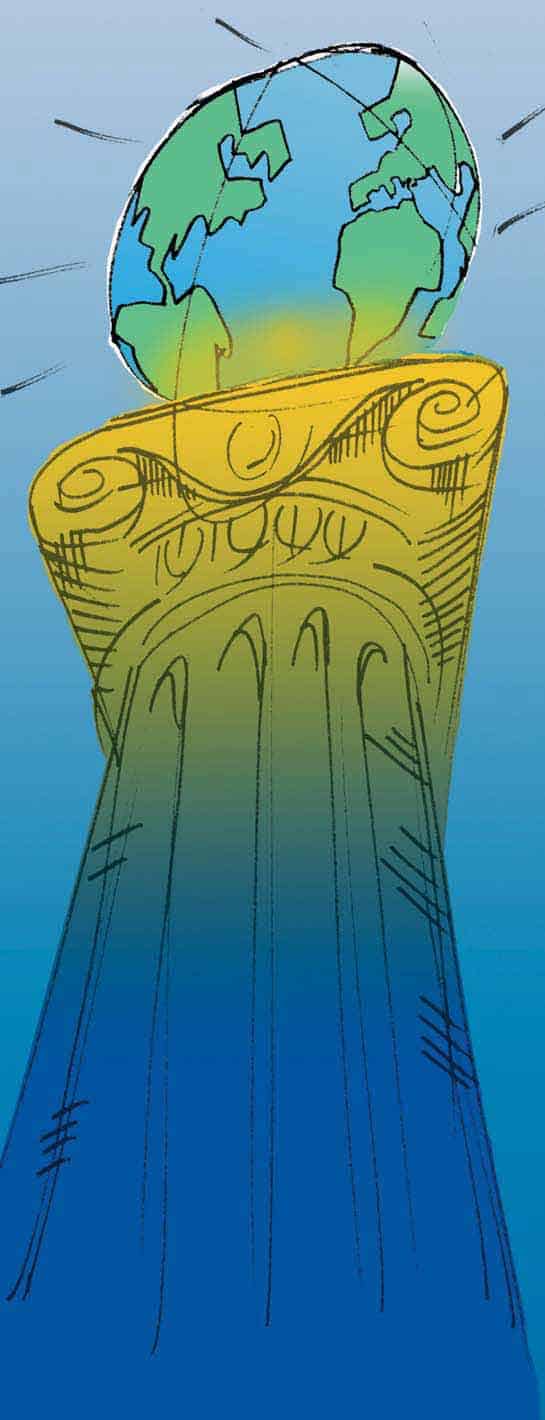
Others are notable for their lack of success. One is the worlds central-banker-in-chief, Alan Greenspan. While it has become fashionable in the past year to knock Greenspan, this magazine has been skeptical of his performance for three years now. Who now remembers his attempts to engineer a soft landing for the high-flying US economy? His efforts to tame the US stock markets irrational exuberance now look about as sincere as those of the guy who brought the keg to the frat party and then preached the benefits of sobriety. Sadly, few of those now suffering the inevitable hangover really got to enjoy the party.
Britains new central bank governor Mervyn King may soon join the ranks of those suffering someone elses hangover. The economy he inherited from the seemingly infallible Sir Edward George is looking more than a trifle overheated, fueled by record consumer borrowing, itself triggered by irresistibly low interest rates. If he hikes rates to rein in borrowing, King might find the economy comes down with a painful bump.
And while many central bankers have been fighting for their independence and helping raise the general standards of transparency among central banks, one, Russias Sergei Ignatyev, seems to have confused transparency with invisibility. To be fair, though, he is battling against overwhelming oddslike so many central bankers.
ARGENTINA
ALFONSO PRAT-GAY
Grade: D

Perhaps more so than for any other central banker, the key to success for the head of Argentinas central bank is relationships or, more specifically, building a relationship with Roberto Lavagna, Argentinas economy minister, who seems to make a sport out of hiring, savaging and then dismissing central bankers. At the end of 2002, when his appointment was announcedwith Lavagnas backingAlfonso Prat-Gay looked like he had a great chance of creating that relationship. It also looked like he lacked the spine to stand up to the economy minister and ensure the central banks independence. Since Gay has been in the job, Argentinas economic prospects have improved, it has developed a better relationship with the IMF, and it has begun the tricky process of reforming the banking sector.The economy is set to grow around 5% this year, albeit from a low base. However, none of this has been Prat-Gays doing, and his hopes of becoming a truly independent central banker look as remote as ever.As Global Finance went to press, Prat-Gay was still holding the fort at the central bank. How long he will remain there is an open question.
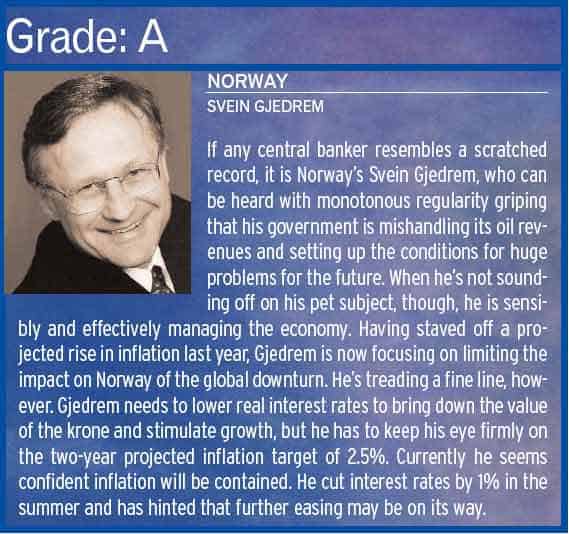
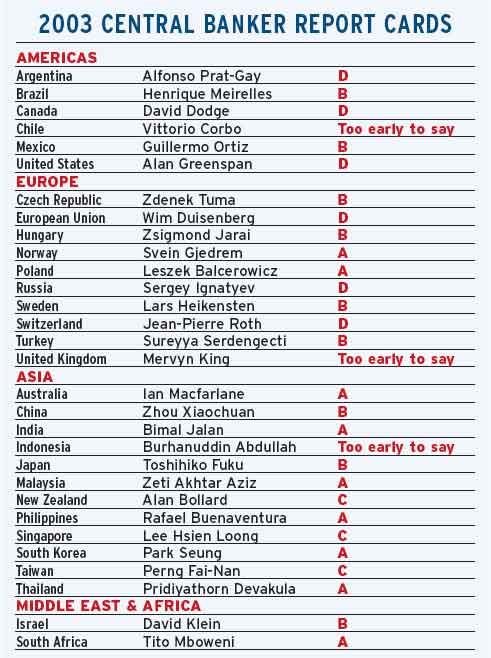
BRAZIL
HENRIQUE MEIRELLES
Grade: B
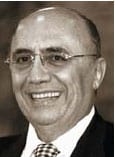
When he took on his new job as new governor of Brazils central bank, Henrique Meirelles was stepping into some awfully big shoes. His predecessor,Armenio Fraga, was widely regarded as the man who saved Brazil from the economic scrap-heap. Sadly, by the time he handed over to Meirelles, much of Fragas good work had been undone, mostly by the turmoil surrounding the presidential elections last year. Soaring inflation, stalled growth, a weakened currency, low economic confidence and weak domestic demand are just some of the problems Meirelles is facing. He has already shown he is willing to take decisive action, though, first by raising interest rates to choke off inflation and then by easing them by two percentage points as inflation appeared to come under control. Although the central bank is relatively independentand becoming more soMeirelles political masters will be watching his performance closely.The future of president Luis Incio Lula da Silvas government may rest on how successful Meirelles is at finding the line between recession and inflation.

CANADA
DAVID DODGE
Grade: D
Last year the then-newly installed head of Canadas central bank resembled someone driving a car for the first time: a little heavy on the gas, a little abrupt with the brakes. But after kangarooing his new vehicle around for a while, David Dodge seemed to get the hang of the sophisticated machine that is the Canadian economy. Over much of the past year, Dodge was gently increasing interest rates to keep what was turning out to be one of the worlds healthiest economies from running away with itself. But again he seems to have gone too far. The Canadian dollar has appreciated to the point where exporters are howling in pain, growth is slowing enough for the government to revise its estimated GDP growth figure down from 3% to 2%, and inflation is set to come in well below its 2% target. Dodge has responded by cutting rates, but his efforts are generally regarded as too little, too late.
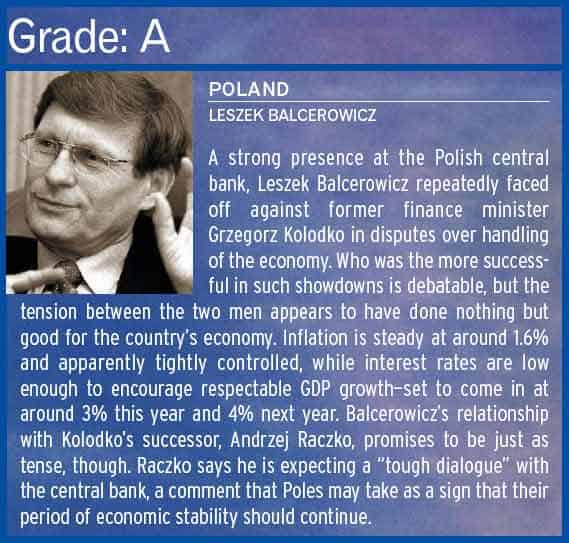
CHILE
VITTORIO CORBO
Grade: Too early to say
New boy Vittorio Corbo is a surprise member of the class of 2003. At the start of this year his predecessor, the revered Carlos Massad,had just begun his second five-year term as governor of the central bank and was looking forward to pressing on with his hugely successful management of Chiles economy. Unfortunately, in February he discovered his secretary had been selling classified information and, after a protracted witch-hunt, accepted that his own was the high-profile head that inevitably had to roll. Chilean president Ricardo Lagos chose Corbo partly because he has no political allegiance so could be counted on to help restore faith in the countrys financial authorities. He inherits a healthy economy with stable interest rates, annual GDP growth of around 3.5% and inflation steady at just over 2%. Since his appointment in mid-April he has done nothing of note, so it seems he is an adherent of the if its not broken dont fix it school of economic management. He should go far.
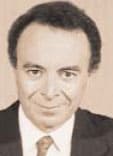
MEXICO
GUILLERMO ORTIZ
Grade: B
Mexicos central banker, Guillermo Ortiz, has a tough job on his hands. His countrys economy has been buffeted from the north by the US slowdown and from the south by tremors that have shaken the other major Latin American markets. Ortiz is not one to panic, though, and over the past year has kept his legendary cool. Its paying off: Inflation is still hovering at around 5% but is expected to fall below 4% by the end of this year. GDP growth, almost imperceptible last year, is picking up and should reach more than 2% for 2003. Given the climate in which he is operating, Ortiz is doing a fine job.And he certainly has president Vicente Foxs vote. Fox has asked for Ortiz to be appointed for a second six-year term when his current term ends in December.

UNITED STATES
ALAN GREENSPAN
Grade: D
Does anyone remember Alan Greenspan, the great Fed chairman of the late 1990s? The man whose words could move markets the world over? Greenspan is still chairman of the Fed, but he has found that his reputation shadowed the rise and fall of the stock market bubble that he helped to inflate. His influence on the markets and the state of the US economy has followed a similar path. Its not all his fault, though. His efforts to revive the flabby US economy have been undermined by the fiscal indiscipline of the Bush administration. And his attempts to talk up the marketsone of the key weapons in the US central bankers armoryare about as effective as trying to sell a rusty car by giving it a lick of paint.
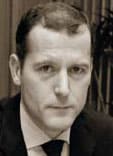
CZECH REPUBLIC
ZDENEK TUMA
Grade: B
The Czech Republic seems to have a perennial problem: No matter what its central bank does, the countrys currency remains stubbornly high.Zdenek Tuma has been cutting rates throughout this yearbut with little effect on the koruna.In fact, the currency has appreciated 10% against the dollar in the past year. Earlier this year,Tuma seemed to concede that the currency was on a rising trend and there was little he or anyone else could do about it. Instead, he is focusing his energy on banking reform, shutting down banks that dont meet the central banks capital requirements.With inflation hovering around the zero mark and GDP growth trundling along at a comfortable 2.2%, he really does not have much else to worry about.
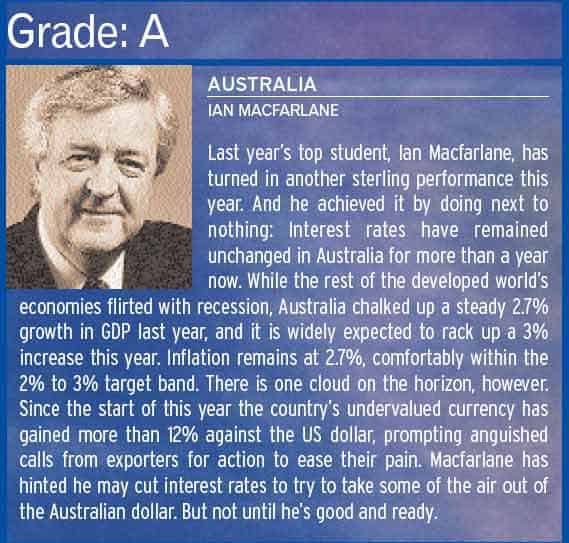
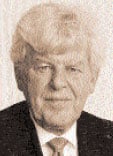
EUROPEAN UNION
WIM DUISENBERG
Grade: D
banker, who steps down this yearthree years before the end of his eight-year tenurehave long argued that he acts too slowly and without conviction.Theyre almost certainly right: Over the past year the European Central Bank (ECB) has been steadily cutting interest rates in the hope of stimulating growth in the euro area and moderating the rise in the euros value.The results have been unspectacular. While laying the blame squarely on the sluggish global economy, Wim Duisenberg admitted that GDP growth in the euro area was only 0.8% in 2002down from a slightly less dismal 1.4% in 2001.Worse still, this year GDP is expected to grow by only 0.6%. On the bright side, inflation is hovering below 2%, comfortably within the ECBs target range. His parting gift to the ECB is to oversee a review of the banks decision-making processessomething that observers have welcomed. It means his successor, Jean-Claude Trichet, will have a good chance of turning the bank into an effective proactive organization. Europeans can only hope he will.
HUNGARY
ZSIGMOND JARAI
Grade: B
If there were an award for the most active central banker, Zsigmond Jarai would definitely be in the running. Over the past year he has been busy defending his countrys currency against speculators, tinkering with interest rates to try to boost economic growth but rein in inflation, deal with the impact of strong growth in domestic demand and, not insignificantly, prepare for Hungarys accession next year to the European Union. By mid-year he might have been justified in feeling pleased with his work.According to the banks figures, inflation is likely to come in at 4.6% for the yearbarely a hair over the target rate of 4.5%while GDP should be up 3.5% over the year. Sadly the EU has thrown Jarai a curve ball, announcing that prospective members would have to maintain their currencies in a much tighter exchange rate band than they had previously expected. It seems poor Jarai will be highly active for some time to come.
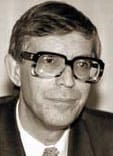
RUSSIA
SERGEI IGNATYEV
Grade: D
Russias central banker presents himself as working hard to create more transparency in the Russian banking market, most recently calling for more information to be available on who controls the countrys banks. Such information is close to Ignatyevs heart, as its sometimes equally difficult to tell who is running the central bank.At the time of his appointment many observers voiced concerns that he would allow a massive erosion of the independence of the central bank. It appears their fears were justified.An indicator of just how insignificant he is considered is the fact that President Vladimir Putin has reportedly not met Ignatyev in person since he took over the reins at the central bank.One consolation for Ignatyev must be that when people complain about the disappointing state of the Russian economy, he can simply shrug and say,Nothing to do with me.
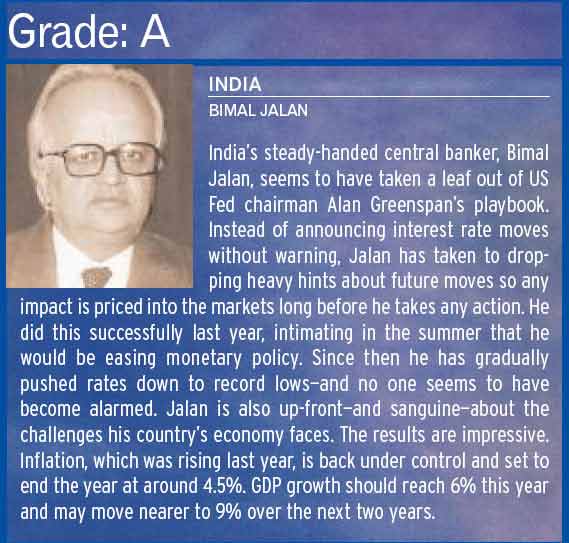
SWEDEN
LARS HEIKENSTEN
Grade: B
As Global Finance went to press,Swedens voters were deliberating over whether to adopt the euro. Swedens central banker. new to the class this year,was probably deliberating over when he should next cut interest rates. Heikensten has been trimming rates gently this year in an attempt to revive flagging GDP growth. His actions will make him popular with those who lambasted his predecessor, Urban Bckstrm, who gained an A-grade last year, partly in recognition of his determination to resist intense pressure to slash interest rates. But Heikensten is dealing with a difficult global environment, and his gentle easing of monetary policy is paying off. GDP growth is expected to rise from 1.3% this year to 2.3% next year, while inflation should remain subdued.
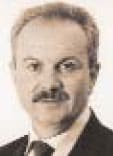
SWITZERLAND
JEAN-PIERRE ROTH
Grade: D
Poor Jean-Pierre Roth. No matter what he d o e s , h e s e e m s u n a bl e to t u r n Switzerlands withering economy around. Hes painted himself into a corcorner with interest rates, dropping them to a point where taking a still-looser monetary stance would mean paying people to borrow money. Sadly there really is not much he can do.With his countrys economic fortunes tightly tied to those of France and Germany, his options for boosting GDPwhich is flat-to-decliningare pretty much limited to talking up the economy. This is not Roths strong point. He prefers to remind listeners that unemployment is up, growth is down, and theres next-to-no inflationperhaps because people are too depressed to buy anything. Roths propensity to pick over the countrys problems may itself be part of the problem.
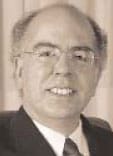
TURKEY
SUREYYA SERDENGECTI
Grade: B
The level of success that Sureyya Serdengecti, Turkeys central banker, is achieving really depends on how you look at it. Last year, inflation roared in at something over 29%. But even that startling figure was a hair lower than the 30% target. Meanwhile, Turkeys GDP grew by a reasonably chunky 7.8%. In a country where meeting or beating inflation targets is almost unheard of and GDP tends to grow by accident rather than by design, the results look fairly impressive. But that was last year. This year inflation expectations are on the rise again, while GDP growth is on the skids. Serdengecti is still gamely trying to manage the economy through inflationtargeting against strong domestic opposition. He has strong support from the IMF, which has complemented him on his efforts and shown unusual generosity in its loan repayment demands. If the external environment continues to improve, Serdengectis prospects look good. If not, hes doomed.
UNITED KINGDOM
MERVYN KING
Grade: Too early to say
It looks as though Sir Edward George, one of last years top stream of central bankers, made his break for the golf course at just the right time. When George handed over the reins to Mervyn King in July this year, the UK economy had been enjoying a long run of unusual stability, with steady growth, low inflation and steadily declining interest rates. Sadly, it looks like that economy is about to run into a ditch. Consumer borrowing is dangerously high, fueled by dramatic house-price rises,which themselves are driven by the low interest rates. Now King, a highly regarded economist, is facing conflicting demands as GDP growth is shrinking unexpectedly while inflation is nudging over its target level. It seems hell get a chance to show off his skills sooner than he might have liked.
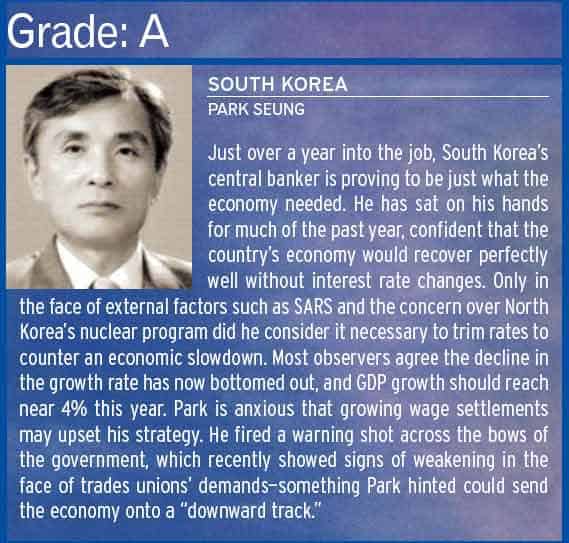
PEOPLES REPUBLIC OF CHINA
ZHOU XIAOCHUAN
Grade: B
No surprises this year from China, where GDP growth rolled in at the usual 8%, inflation remained at a nonetoo- scary 0.4%, and the currency stayed pegged to the US dollar.There was one change, though:The beginning of the year saw a new front-man take over at the central bank. Not only that, Zhou Xiaochuan appears to be trying to make his mark by commenting publicly on the banks activitiessomething his predecessor rarely did. Invoking the unlikely demon of runaway inflation, Zhou has commented that the banks decision-making process is in need of reform. Chinas political structure is so rigid and homogenous that it is almost impossible to determine whether these are his own ideas or he is simply voicing the party line.The fact that he is voicing any opinions at all, though, is enough to earn him extra marks for transparency.

INDONESIA
BURHANUDDIN ABDULLAH
Grade: Too early to say
Indonesia seems to have cracked one of its most persistent problems: inflation. Early last year it stood at over 15%. Now it looks like inflation for this year will be a much more respectable 6% to 7%. Much of the credit for this should go to former central bank chief Syahril Sabirin, whose tough monetary policies seem to have brought the demon under control. He stepped down in May this year, handing his successor an economy with predicted GDP growth of 3% to 4% this year and potential to grow 6% next year.With a relatively stable economy and growing respect for the central bank, it falls to Burhanuddin Abdullah to tackle that other persistent problem: corruption. Given Indonesias recent history, hell have his work cut out.
JAPAN
TOSHIHIKO FUKU
Grade: B
When Japans government appointed Toshihiko Fukuas its new central bank governor in March this year, it presented him as a committed foe of deflation. His comments since then show he is also a straight-talking optimist. During a recent speech, while acknowledging that Japan’s economy is currently beset with a number of formidable problems, Fuku also claimed he had the answer and that it would involve some painful changes in the status quo. His version of the answer includes adopting a sort of quasi-inflation targeting regime where monetary policy is geared toward bringing deflation to a halt. He has lambasted the private sector for procrastination and the public sector for its tolerance of vested interests. While it is too early to assess his economic effectiveness, he gains a high grade for his efforts to shake up the system.
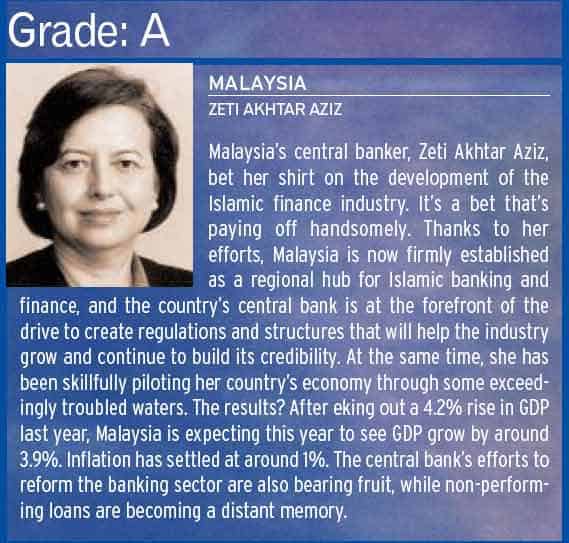
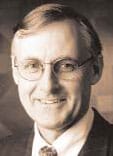
NEW ZEALAND
ALAN BOLLARD
Grade: C
A year into the job Alan Bollard appears to be taking a more diplomatic line than his predecessor, the aptly named Don Brash. His relatively low-profile approach, however, is yielding equally low-profile results. Despite the central banks efforts, the currency is still strengthening, inflation is still nudging the top of its target 1%-to-3% band, and economic growth is far from vigorous. This is not good news for Bollard, who, on taking the job, was charged with the task of bringing his countrys economic performance more in line with Australias. He has proved he is not afraid of sticking his neck out, though: Bollard recently warned local authorities that their free-spending ways would boost inflation and force him to tighten monetary policy. The question is, Was he passing on good advice or passing the buck?

PHILIPPINES
RAFAEL BUENAVENTURA
Grade: A, based on economic management alone.
Rafael Buenaventura, one of last years few A-graded central bankers, has found himself in a spot of bother this year. As Global Finance we n t t o p r e s s , n ews e m e r ged t h a t Buenaventura had been suspended without pay, having been found guilty of gross neglect of duty by the Philippines Court of Appeals. His crime, apparently,was to not ensure his staff followed the correct procedures when ordering the closure of Urban Bank in April 2000. The central bank was thrown into turmoil by the decision that saw four other senior bank officials suspended for a year without pay. Buenaventuras suspension also overshadows his remarkable record at the bank. Against enormous odds he has helped create an economy with steady GDP growth of around 5% in a low-inflation, lowinterest- rate environment. If his suspension is upheld, he will be sorely missed.
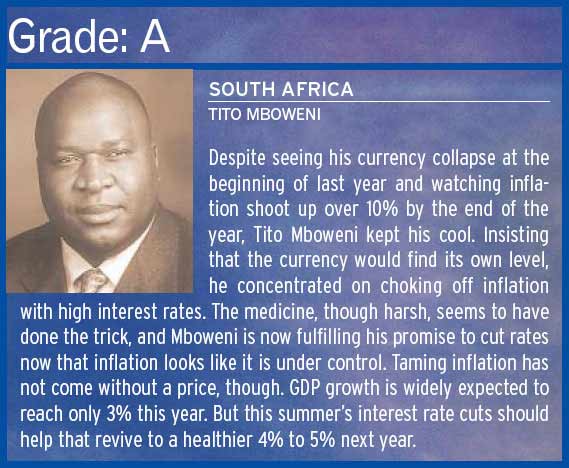
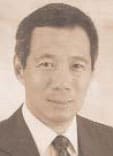
SINGAPORE
LEE HSIEN LOONG
Grade: C
Ever-sensitive to the changing fortunes of its global export markets, Singapore has been having a rough time this year. GDP grew a smidgen in the first quarter, but in the second it shrank by 4.2% compared to the same period last yeara record 11% drop from the first to the second quarter. Clearly the decline has rattled the normally icy cool managers of Singapores economy. In response, the Monetary Authority of Singapore shifted the exchange rate target downward in the hopes that a weaker Singapore dollar will help boost exports. Finance minister Lee Hsien Loong has confirmed he will maintain an easing bias and is in a good position to continue doing so until recovery takes hold. Inflation, which is rarely much of an issue in Singapore, is expected to come in under 1% this year. Lee warned, however, that Singapores relatively high wages might be hampering its recovery. Ominous words.

TAIWAN
PERNG FAI-NAN
Grade: C
Taiwan is becoming increasingly overshadowed by China in a process that is exacerbated by much of the developed worlds eagerness to trade with China. But while its gargantuan neighbor is grabbing all the headlines,Taiwan is still churning out respectable economic growth figuresanalysts expect to see about 3% this year and up to 6% in 2004and keeping its inflation rate near zero.How much of this is the result of the central bankers efforts is difficult to ascertain.What is certain is that Perng Fai-Nan does an excellent job as one of the chief cheerleaders for Taiwan, both at home and abroad.At the central banks urging,Taiwans banks are making progress on dealing with their non-performing loansslowly. NPLs are down from around 8% last year to below 6% this year.
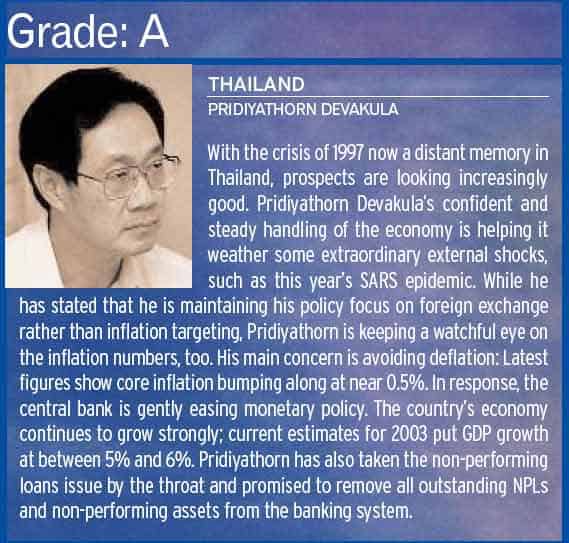
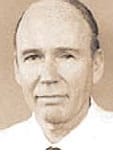
ISRAEL
DAVID KLEIN
Grade: B
David Klein has been uncharacteristically upbeat recently about the prospects for Israels economy. He even predicted a return to GDP growth by the end of the year, provided the government reins in its projected deficit. That, however, is a spectacularly big ‘if’.
The governments determination to ignore Kleins increasingly outspoken advice about its economic management has all but destroyed the relationship between the central banker and the prime minister, Ariel Sharon.
That Klein is still in his job is remarkable.Whether he can really do his job while faced with such intransigence and repeated interference and intimidation from his political masters is highly questionable.Yet he struggles on. Under the circumstances, the results are impressive. Klein has brought interest rates down steadily this year, and inflation has remained firmly under control while the currency has strengthened.
By Dan Keeler

